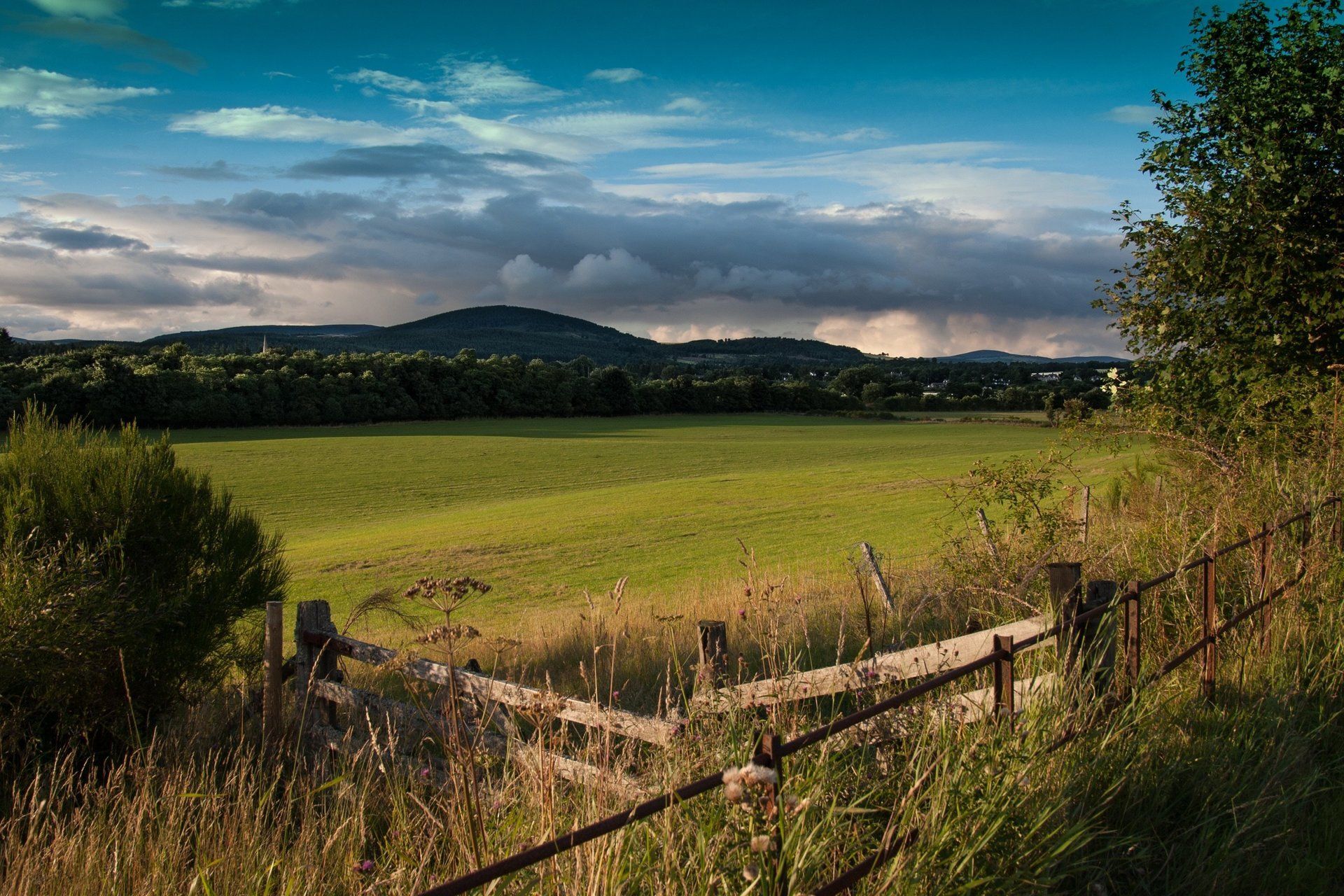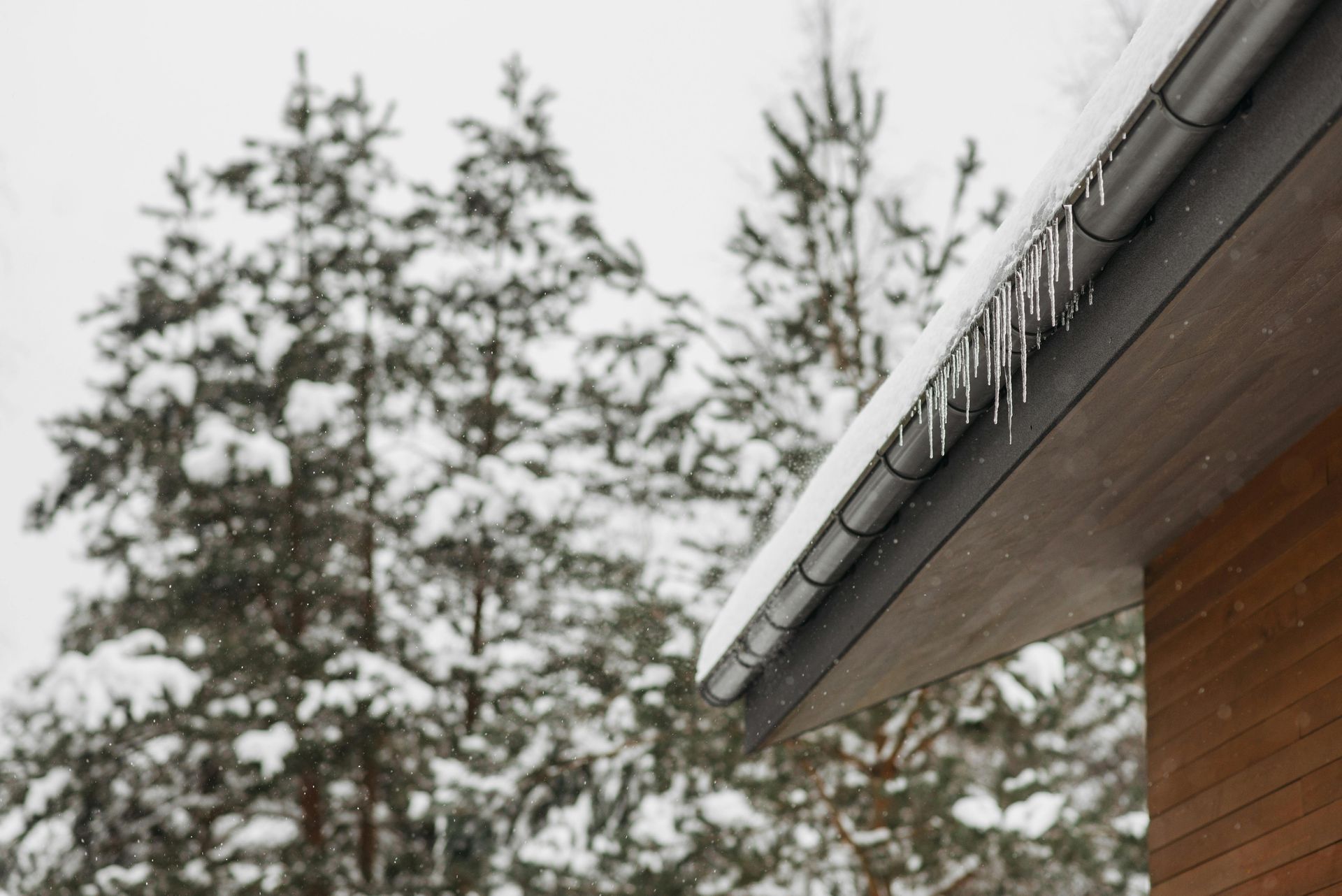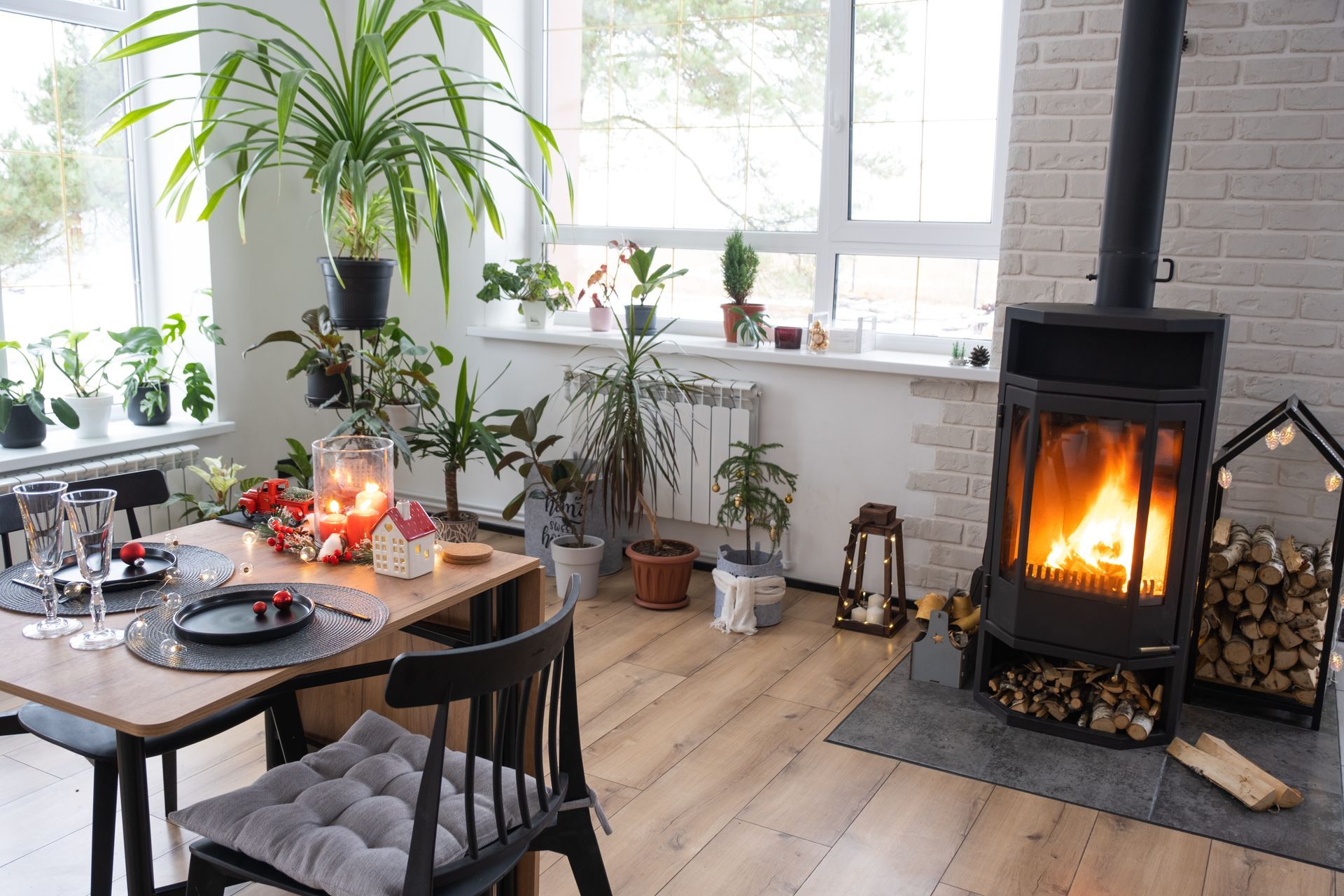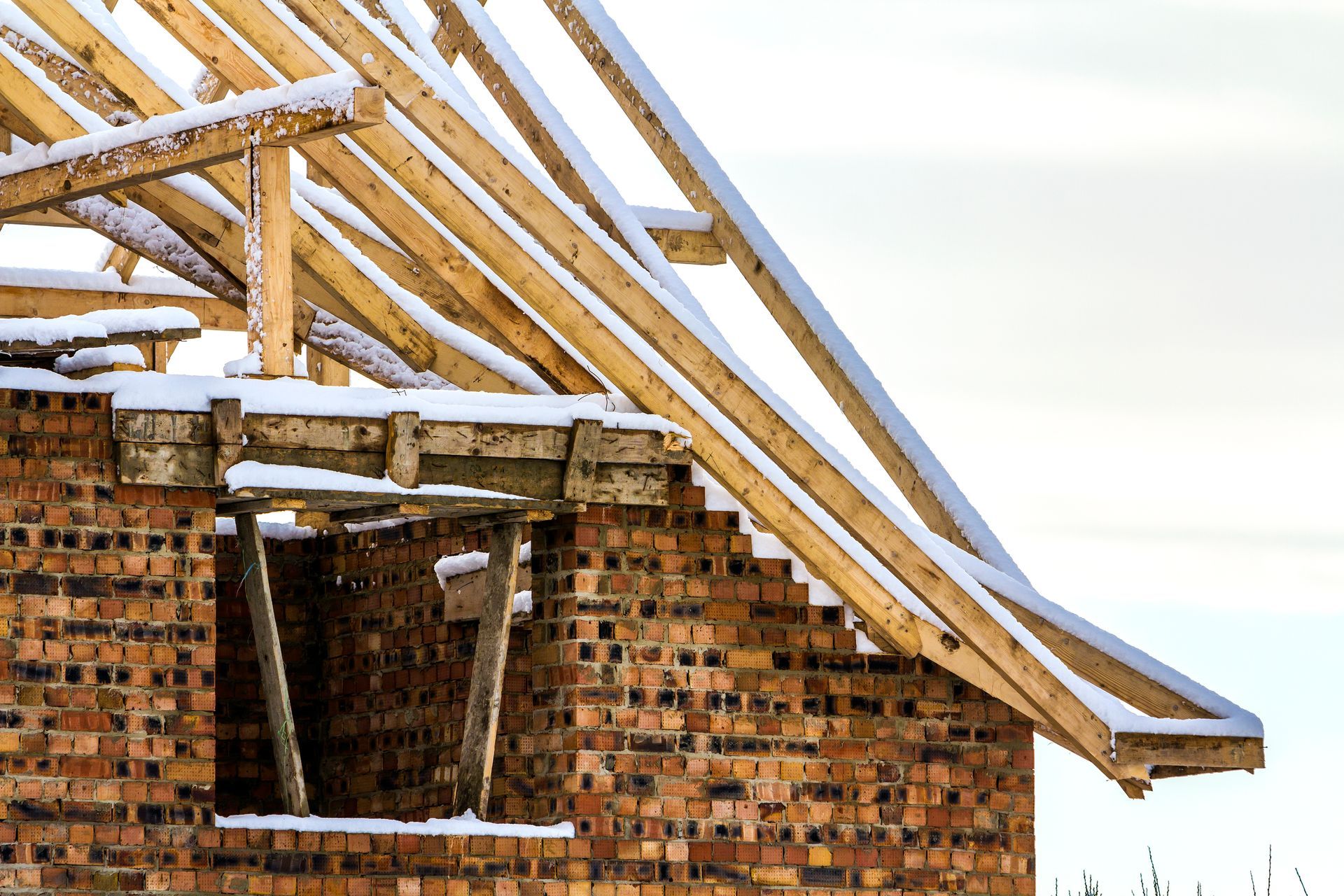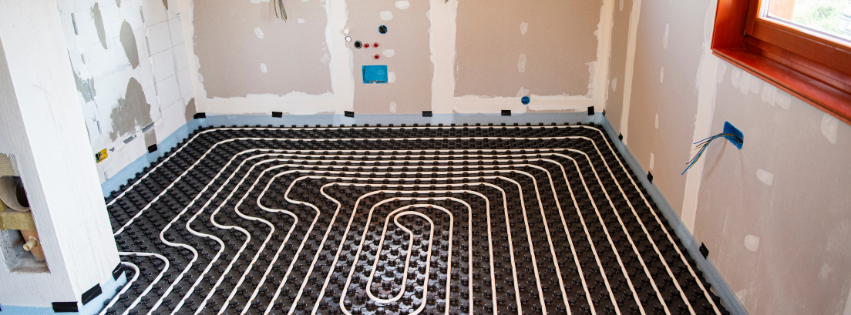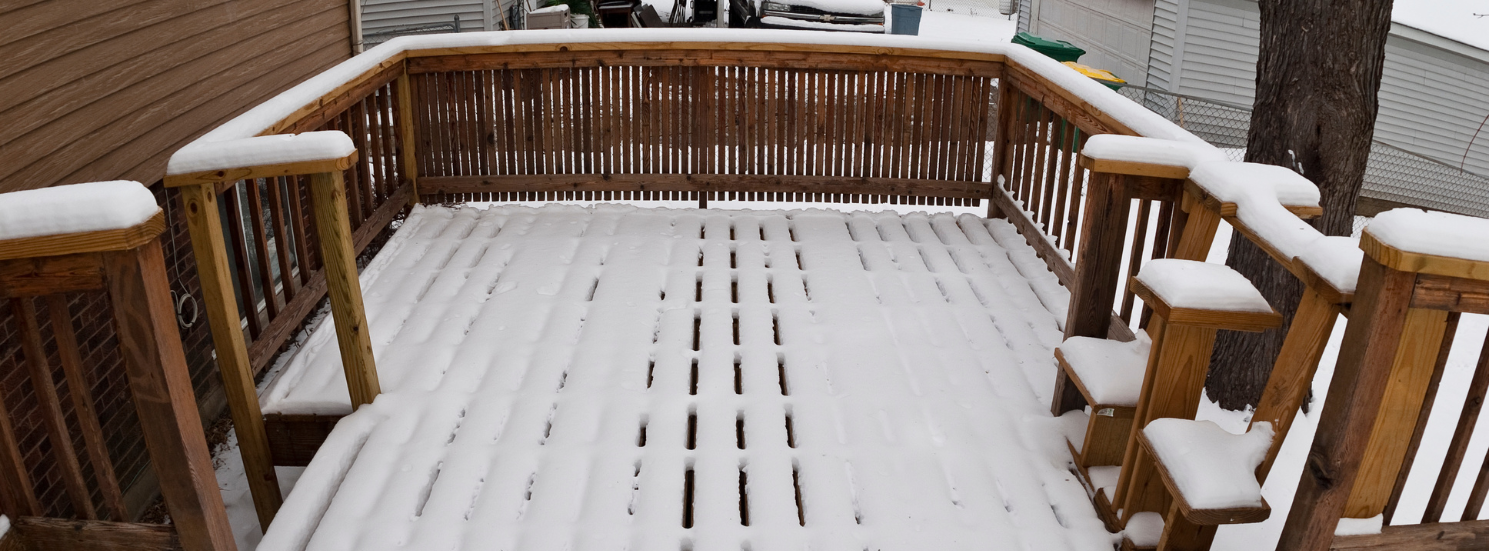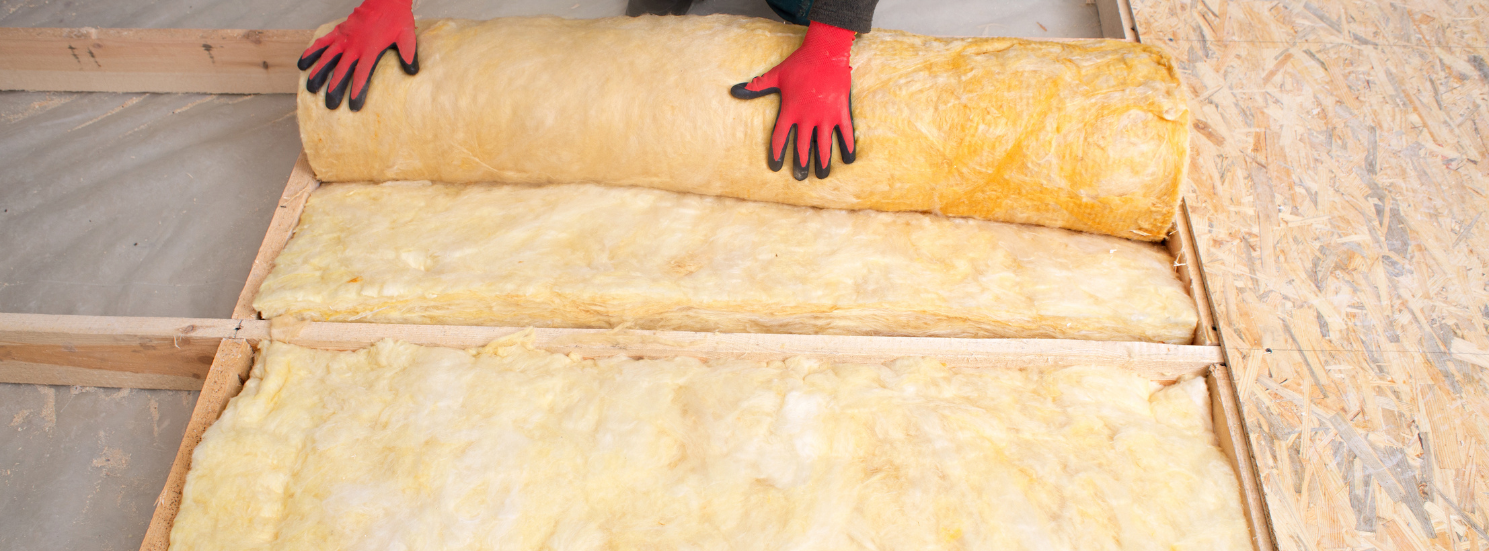Land Buying Tips
Buying land and building your dream home may have been something you have been inspiring to do your whole life. Now that you are at the brink of this decision there are some realistic expectations you will need to consider. Here are some tips on how to make the right steps to find your own slice of heaven.
Benefits to Buying Land
One of the first considerations you must check is the location of where you would like to purchase your property. This can determine how much or how little you may end up spending. If you are planning to move out of a city area chances are property prices may be more reasonable. If you are used to living in the country you may be excited to get away from all the hustle and bustle that you have been surrounded with. Although this new adventure can be very exciting make sure you will be able to adjust to the new surroundings you would be living in.
Drawbacks to Buying Land
You may have to determine whether a skilled contractor is able to travel to the specific location you are choosing. The more remote of an area the higher the price of material transportation may be. Another factor to consider is if you are planning to live in an area not accessible to the every day errands. Your mileage and travel expenses may rise if the grocery store and post office is a far distance away.
Renting Before Buying Land
A great way to become acquainted with the area is by renting a temporary home until you confirm it is the right place for you. This will be an excellent way to communicating with the community. They will be able to give you the real scoop of about the area and it's surroundings. Another upside of renting before you buy your land is it can give you a place wait until the right time to make your purchase. Timing is everything when it comes to spending the appropriate amount within the real estate market.
7 Factors to Consider Before Buying Land
Zoning Requirements
An important step to take before you make your purchase on a specific piece of land is checking with local authorities about the zoning ordinances. This is especially crucial if the land is within a community that might be developing further in the near future, which could negatively impact your resale value.
Smells and Sounds
As mentioned above you need to be aware that when your are transitioning to a new area your whole life style may change in the process. The sights, smells, and sounds can be part of the transition process. You should do your best to immerse yourself within these elements before you decide if the area is the right place for you. Instead of buss fumes and taxi horns you might find yourself smelling farm and animal scents and listening to the the sound of a rooster in the wee hours of the morning.
Natural Hazards
Natural hazards are a very important factor to check over. Going over whether the natural hazard disclosure is a great way to check for problems such as bad soil and rock presence. This is important if you ever need to drill a well or grow a garden. These things can be the cause of a head ache when you need to make a change in the future. This will also make you aware of any restrictions such as protected habitat, which does not allow for building of any sort. Fire hazards are another matter to consider. For example, if you ever have a fire will there be adequate support from the local fire department or will there only be a few volunteer firemen in the area?
Elevation
Another questions to ask is whether the land is located near a hill or cliff. Be sure the land isn't capable of shifting which could lead to cracked foundations or other problems within your build. If you are planning to purchase a property that is close to a body of water you may want to think about building a higher foundation in case of a flood. Asking neighbors about their previous experiences with this can be a gateway into what you might have to contemplate before a potential build.
Easements
Obtaining easements are an important step to take to make yourself aware of what rights you and your neighbors have to your land. This can show who takes care of the roads connecting to your property and what you may have to pay if you do end up buying that land. The other part is figuring whether your neighbors will have the right to cross through your property. A title insurance will show the easements and whether there are any restrictions to consider. These factors may help you make your decision on whether this is the right place for you.
Utilities
Utilities are very important if you are planning to build your home or other building on this land. Rights can also effect whether you are able to implement certain means of water and heating elements. Questions to ask is whether you will have to dig a well or if you can hook up to the local water supply. For heating and electricity you will need to make sure you can choose the heating source of your preference. Will you be able to use a propane tank or run lines to the specific location you want to build? What about a sewer if there isn't one yet? Each one of these will have to be added to your estimate.
Appraisal
A lender appraisal will be needed if you do not plan to finance the purchase through a conventional lender. Using this and developing your own appraisal will be the best way to be sure you are not spending more then you should on your prized land. Sometimes it is difficult to find sales that are comparable, so some financing will be a good way to incorporate subordination to a new construction loan.
Buying land can be intimidating, but with the proper amount of knowledge it can be accomplished. Consider these steps to be sure you are making the right decision for your land buying future.
To find more information on buying land, click here: https://www.thebalance.com/land-buying-tips-1798965
Find Us Here!
Tanguay Homes, Inc.
419 Route 105 Suite A,
Newport, Vermont 05855
Mailing Address:
P.O. Box 517
Newport, VT 05855
Follow Us!
Tanguay Homes of Newport, Vermont specializes in working with out-of-the-area clients. You may sign up to receive daily progress photos, e-mails, and calls. Weekend and late evening appointments are available for your convenience.
Tony Tanguay
President
Contact Us!
We will get back to you as soon as possible
Please try again later

